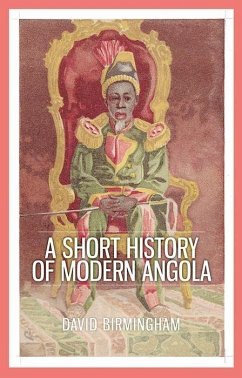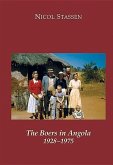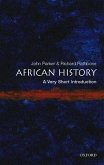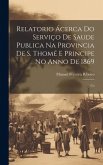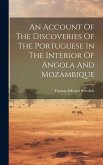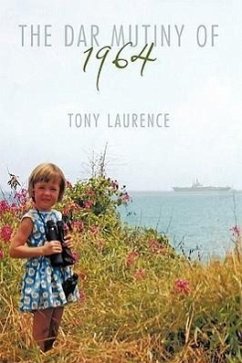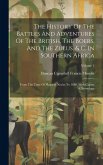David Birmingham begins this short history of Angola in 1820 with the Portuguese attempt to create a third, African, empire after the virtual loss of Asia and America. In the 19th century the most valuable resource extracted from Angola was agricultural labour. The colony was managed by a few marine officers, white political convicts and black Angolans who had adopted Portuguese language and culture. The hub was the harbour city of Luanda which grew to be a dynamic metropolis of several million people. The export of labour was gradually replaced when an agrarian revolution enabled white Portuguese immigrants to drive black Angolan labourers to produce sugar-cane, cotton, maize and above all coffee. During the 20th century this wealth was supplemented by Congo copper, by gem-quality diamonds, and by off-shore oil. The generation of warfare finally ended in 2002 when national reconstruction could begin on Portuguese colonial foundations.
Bitte wählen Sie Ihr Anliegen aus.
Rechnungen
Retourenschein anfordern
Bestellstatus
Storno

